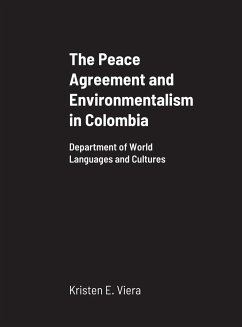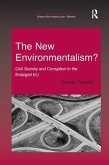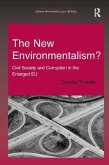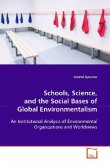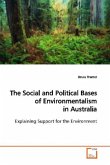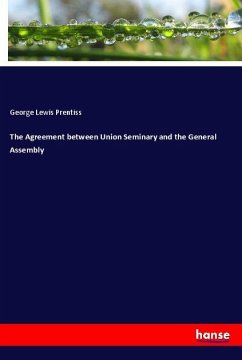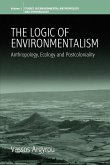Combating and mitigating global environmental crises are among the most pressing challenges of our time. It is increasingly important that communities work together to protect environmental hotspots such as the diverse regions of Colombia. This research aimed to understand the relationship between the growth of grassroots environmental non-profit organizations (NPOs) in Medellín and Bogotá and the 2016 Peace Agreement (PA) between the government and the Revolutionary Armed Forces of Colombia (FARC). Specifically, this research assesses how the PA sparked the growth of such environmental organizations and how they influence the PA and other future policies, based on the socio-environmental challenges that remain. After defining peace and the PA's ethical stance, a comparative analysis was conducted of a number of organizations formed prior to and after the PA. A close reading of their mission statements connects them to an ethical stance to determine whether they reflect the PA's anthropocentric or deep ecological ideals. Peacebuilding effects on environmental initiative's values and actions were examined. The future influence that these organizations and the PA may have on each other and other national and local socio-environmental policies were discussed. Continuation of these efforts is critical to aid future policymakers and organizations in their ongoing efforts to develop programs that support environmental sustainability and effectively contribute to building lasting peace, for both people and the planet.
Bitte wählen Sie Ihr Anliegen aus.
Rechnungen
Retourenschein anfordern
Bestellstatus
Storno

